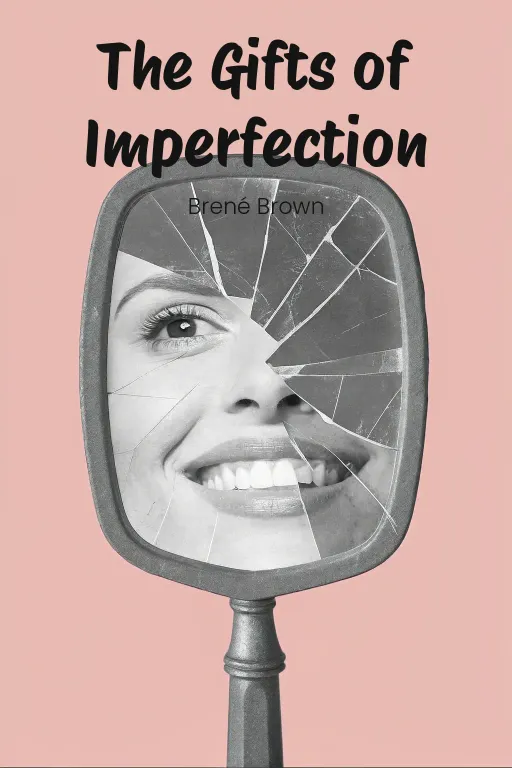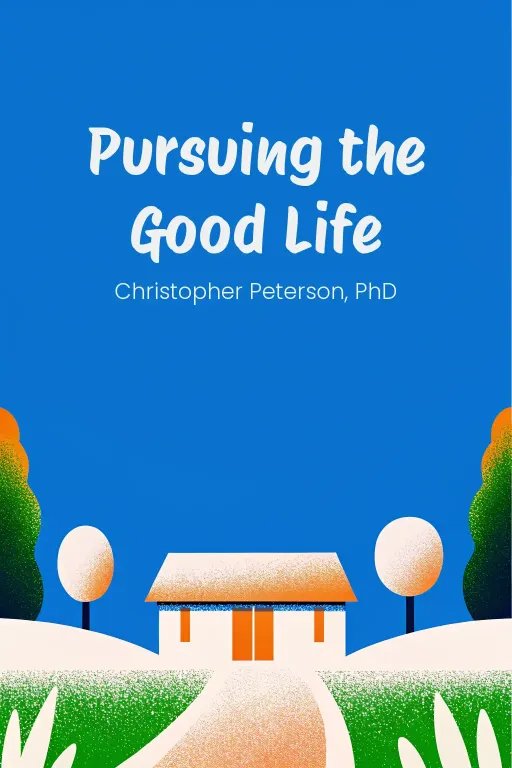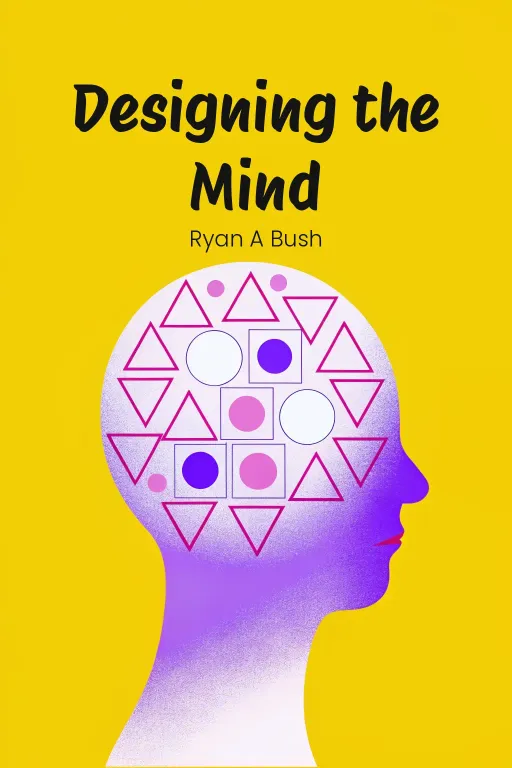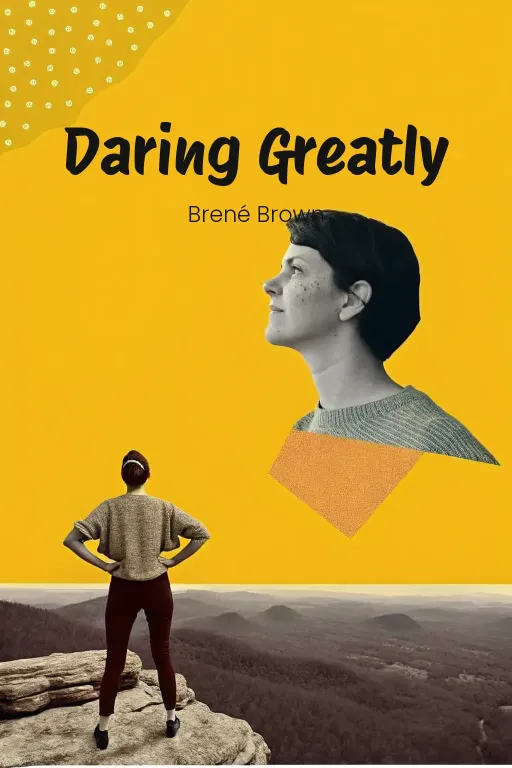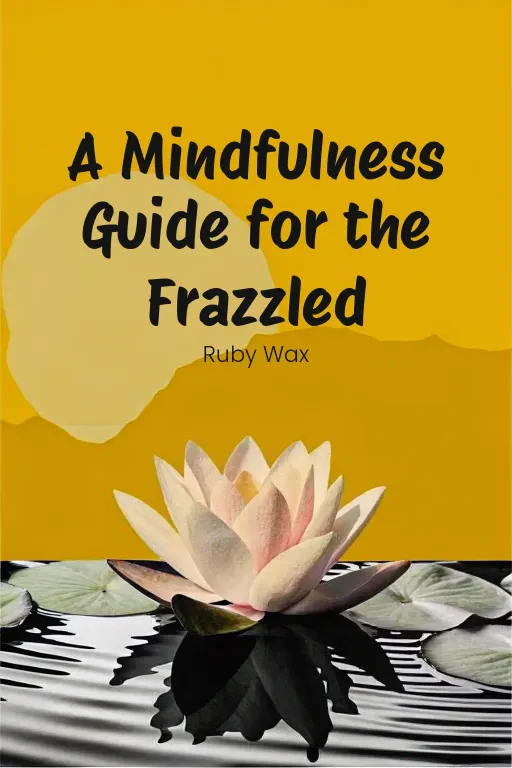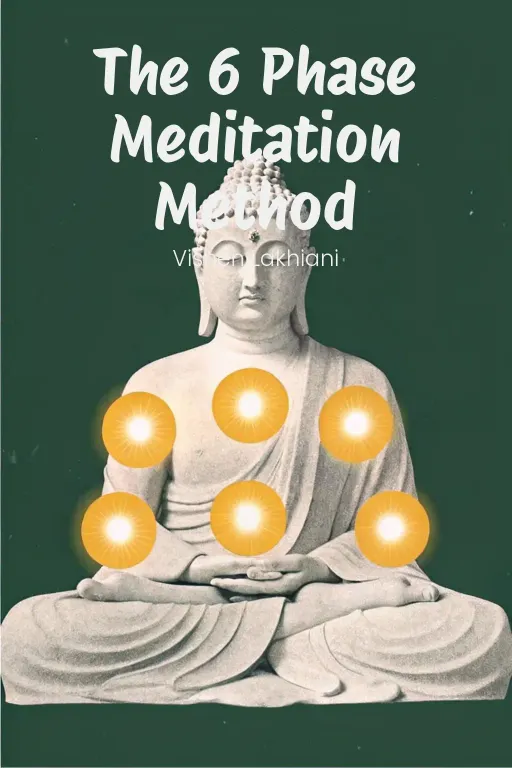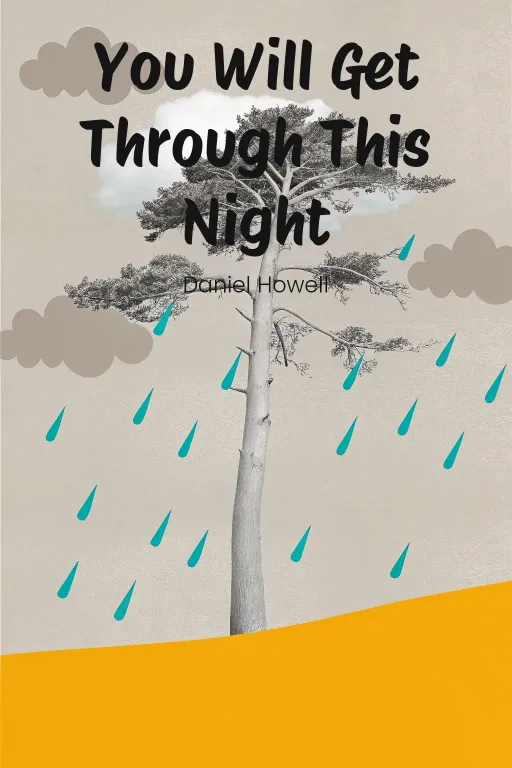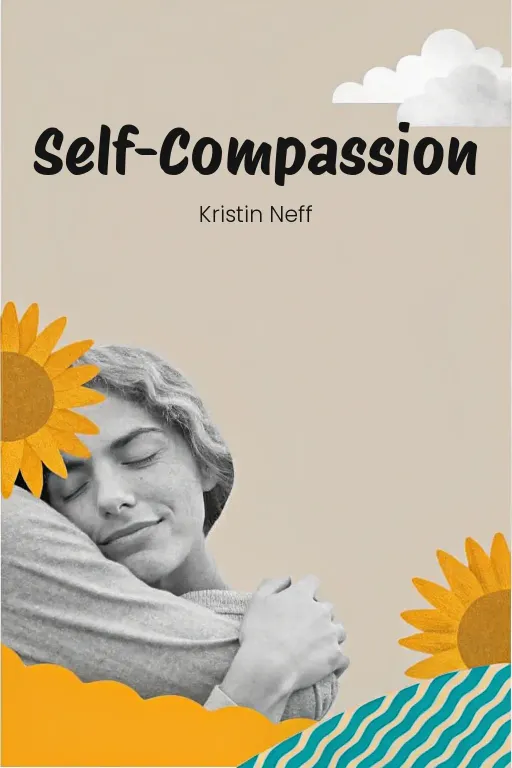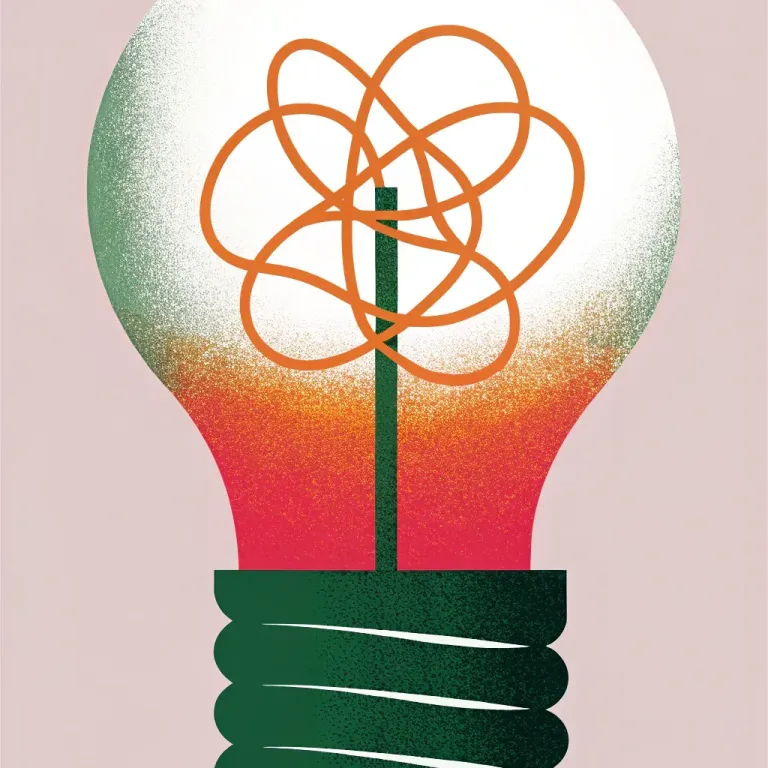
Escape the Mental Maze: Clarity Now!
Podcast by Beta You with Alex and Michelle
Make Easier Decisions, Stop Second-Guessing, and Bring More Joy to Your Life
Introduction
Part 1
Alex: Hey everyone, and welcome back! Today we're tackling something I think we all struggle with: overthinking. You know, when a tiny decision turns into a full-blown mental marathon. Michelle: Oh, you mean like when you replay that three-second conversation in your head for, oh, I don't know, three hours? Guilty. Alex: Totally! That's why we're digging into Anne Bogel's “Don't Overthink It”. She really nails how this habit just sucks the time, energy, and joy right out of us! The good news is, she gives us some really practical ways to simplify things, embrace the imperfect, and actually enjoy our lives. Michelle: So, what exactly are we going to unpack from this book today? Overthinking is such a broad topic. Alex: We're going to break it down into three key areas. First, we'll look at identifying those common patterns that trigger the overthinking cycle. Then, we will dive into perfectionism and how it sets us up for failure and keeps us stuck. And finally, we'll look at some practical tools for gaining mental clarity and finding a little more peace amidst the daily madness. Michelle: Patterns, perfectionism, and peace, huh? Well, if I end up with even just one less open tab in my brain by the end of this, I’ll consider it a win. Alright, Alex, where do we start?
Breaking Free from Overthinking
Part 2
Alex: Okay, let's dive right into the patterns of overthinking, that's where it all starts, right? Bogel describes it as this never-ending loop of replaying past stuff, worrying about the future, and honestly, just tiring ourselves out. And the tricky part? It often starts with the smallest stuff! Michelle: Right, like wondering if you should actually go to that midweek dinner with friends or just stay in and recharge for tomorrow. But, why does our brain turn it into this huge drama? You know like a “To go or not to go” kind of thing? Alex: It’s such a good question! Bogel says overthinking comes from wanting to be in control and being afraid of the unknown. Even little uncertainties—like, "What if the food is awful?" or "What if I'm super tired later?"—they start to add up. It's trying to guess everything that might happen that gets us stuck in these tiring loops. The book gives this example of Erin, who spent hours stressing about going to a friend’s birthday dinner, but then decided not to go. But instead of feeling better, she just felt exhausted. Michelle: Ah, Erin. Classic dinner party struggle. My guess? She probably spent way more time agonizing over the choice than the actual dinner would have taken. Alex: Totally! It’s a really common trap. Erin got stuck on what might happen—what people might think of her outfit, if she'd feel awkward, if she'd regret staying out. By the time she decided, all her energy was gone. Even though it wasn't a big deal, the emotional cost was huge. Michelle: So, overthinking isn’t just a waste of time—it's stealing our happiness, even when we're doing nothing. Erin skipped the party, but didn't really relax at home either. It's like she lost both ways. Alex: Exactly! And that affects our feelings and relationships. Bogel, along with experts like Laura Vanderkam, talks about overthinking making you feel stuck like you're wandering in a fog, questioning everything. And over time, it hurts your confidence, your time, and even how you connect with others. Michelle: Okay, curveball here: how much of this is just how we're made versus, say, what society expects of us? Are we born to overthink, or is it something we learn? Alex: It's really both. When it comes to society, Bogel points out the pressure to be perfect, especially for women. Dr. Susan Nolen-Hoeksema’s research backs this up as well. Women often have to meet impossible standards—be the best at work, the perfect partner, super kind and graceful. And that creates constant self-doubt. Like Maya in the book, she spent ages perfecting a work email, worrying about her tone, word choice, and how friendly she’d seem. And guess what? No one else even noticed. But trying to meet this invisible standard drained her energy and confidence. Michelle: Yeah, I get that. It’s like you can't win. So, why don’t people just ignore the pressure? Just send the email and move on. Alex: It’s harder than it sounds, Michelle. It's not just about getting the perfect result, it's about feeling uncomfortable making mistakes. But trying to avoid that discomfort is what stops us in our tracks. That’s why Bogel suggests changing how we think about things. Instead of aiming for perfection, try what she calls the "experiment" approach. Michelle: Sounds interesting, but when you say "experiment," are we talking science labs? Or is it more of a mindset thing? Alex: Much less science-y, but just as powerful! Bogel uses "experiment" to encourage you to be flexible—make choices as if you're just gathering information, not trying to get a perfect score. Remember that family who spent years stressing about splitting their 10-hour beach trip into two days? Once they said it was okay to "experiment," they saw the detour as a fun adventure instead of a problem. Michelle: Let me guess—they found some cute roadside diner or a quirky little motel that they never would have found otherwise? Alex: Exactly! They laughed about everything and came home talking about all the unexpected memories they made. The point is, the goal wasn’t perfection—it was being open to new things. Michelle: Okay, I’m convinced about experimenting. But how do you stop overthinking long enough to even try it? Bogel has practical advice—what does she suggest first? Alex: Great question. One of her top tips is to use mental checklists. If Erin had asked herself, "Will this matter in a week or a month?" instead of stressing about small party details, she could’ve put things in perspective. Just asking yourself the right questions helps reduce the emotional weight of overthinking. Michelle: Alright, so the checklist is like a mental guide, pointing you toward "This is important" instead of "Time to panic." What else? Alex: Another big idea is to simplify decisions by looking at fewer options. For everyday choices, this could mean using meal plans, like we were talking about earlier, or setting limits to avoid getting overwhelmed. It's all about cleaning up the mental clutter so your brain isn't constantly processing unnecessary details. Michelle: And then there's closing loops, right? Those unfinished tasks that hang around in your mind. Alex: Exactly. Bogel says it's like having a browser tab open on your computer—it's using up energy, even if you're not looking at it. By finishing small tasks—making that call, booking that appointment—you free up mental space. Michelle: Alright, checklists, experiments, simplifying, and closure. Sounds doable. Do you think it all comes down to creating habits that cut through the noise and help you make decisions? Alex: That’s exactly it. Bogel says that these strategies aren't about getting rid of uncertainty—they're about learning to act purposefully even when you're not sure. By stopping the constant worrying and taking small, meaningful steps, people can get back so much of their mental energy and focus.
Conclusion
Part 3
Alex: So, to sum up, what we've “really” been digging into today is how overthinking, which, let's be honest, often hides behind the mask of careful consideration, can actually trap us in this endless loop of doubt and stagnation. From spotting those thought patterns that drag us down, to ditching the pursuit of perfection, and making choices easier with some hands-on techniques, Bogel’s ideas are both smart and doable. Michelle: Exactly. It's not just about hitting the brakes on that mental hamster wheel, is it? It's about deliberately choosing clarity and purpose over that constant fog of "what ifs." Whether it's trying out different choices, closing those mental tabs we have open, or even just asking ourselves, "Hey, will this even matter next week?", the aim isn't perfection. It's simply to make progress. Alex: Precisely! And if there’s one key takeaway here, it’s this: Overthinking isn’t something to be proud of—it’s a “real” drain on your time, your energy, and frankly, your happiness. So, start small, keep it simple, and just experiment. You might find that life just feels a bit lighter when you stop carrying all that unnecessary weight. Michelle: And hey, if all else fails, maybe the next time you're staring down a menu, you’ll finally order without grilling the waiter about every single side dish. Here's to less mental junk and more clarity! Thanks for joining us, everyone!


